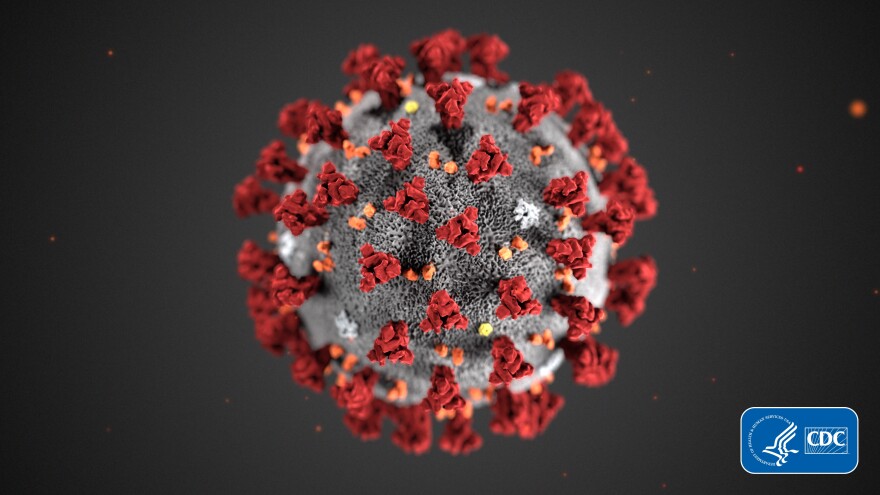The Delaware Division of Public Health is adopting the CDC’s updated COVID-19 guidelines.
Getting vaccinated, staying up to date on booster shots, getting tested, and staying home when you feel sick continue to be the main recommendations for navigating COVID, however, some recommendations have changed.
Quarantining is no longer recommended for those who were exposed to COVID-19, regardless of vaccination status. Instead, it’s recommended that exposed individuals wear a well-fitting mask for 10 days when indoors or around others. Any exposed individual, regardless of vaccination status, should get tested five days after exposure, and sooner if they become symptomatic.
And statewide testing will continue to be available free of charge.
Division of Public Health Chief Physician Gregory Wanner says Delaware schools are likely to drop test-to-stay programs when classes resume.
“We are continuing to monitor the number of cases in Delaware. And as the schools start again, we will continue monitoring that,” he said. “It is a concern. We do hope that the number of cases won’t spike with people using precautions and making good choices.”
Test-to-stay is a practice that requires non-vaccinated students who were exposed to COVID to get tested in order to stay in class, rather than quarantining for 10 days. In accordance with the new guidelines, any exposed student may continue in-person schooling without a quarantine period, as long as they are asymptomatic.
It’s important to note that if an exposed individual does contract COVID-19, positive-case quarantine guidelines have not changed.
If you test positive for COVID-19, the CDC and DPH emphasize that you should stay home for at least 5 days and isolate yourself from others in your home. After 5 days if your symptoms have improved and you have been fever free for 24 hours without the use of fever-reducing medications, you may end isolation, though you must wear a well-fitting mask until 10 days after the onset of your symptoms.
DPH also recommends those in vulnerable populations, including those who are immunocompromised, speak with their family members and close contacts about their individual risk, and continue to mask and stay up-to-date on vaccinations moving forward in order to mitigate their risk of contracting COVID-19.
Wanner adds that individuals from vulnerable populations, including those who are immunocompromised, who are worried about contracting COVID may have to be more careful.
“The biggest recommendation is that they stay up to date on their vaccines, and they look into their own situation and their own risk,” said Wanner. “And talk to their family members and close contacts about their particular risks.”
He says that continued masking for vulnerable populations, and those around them, can help mitigate their risk of contracting COVID-19.



